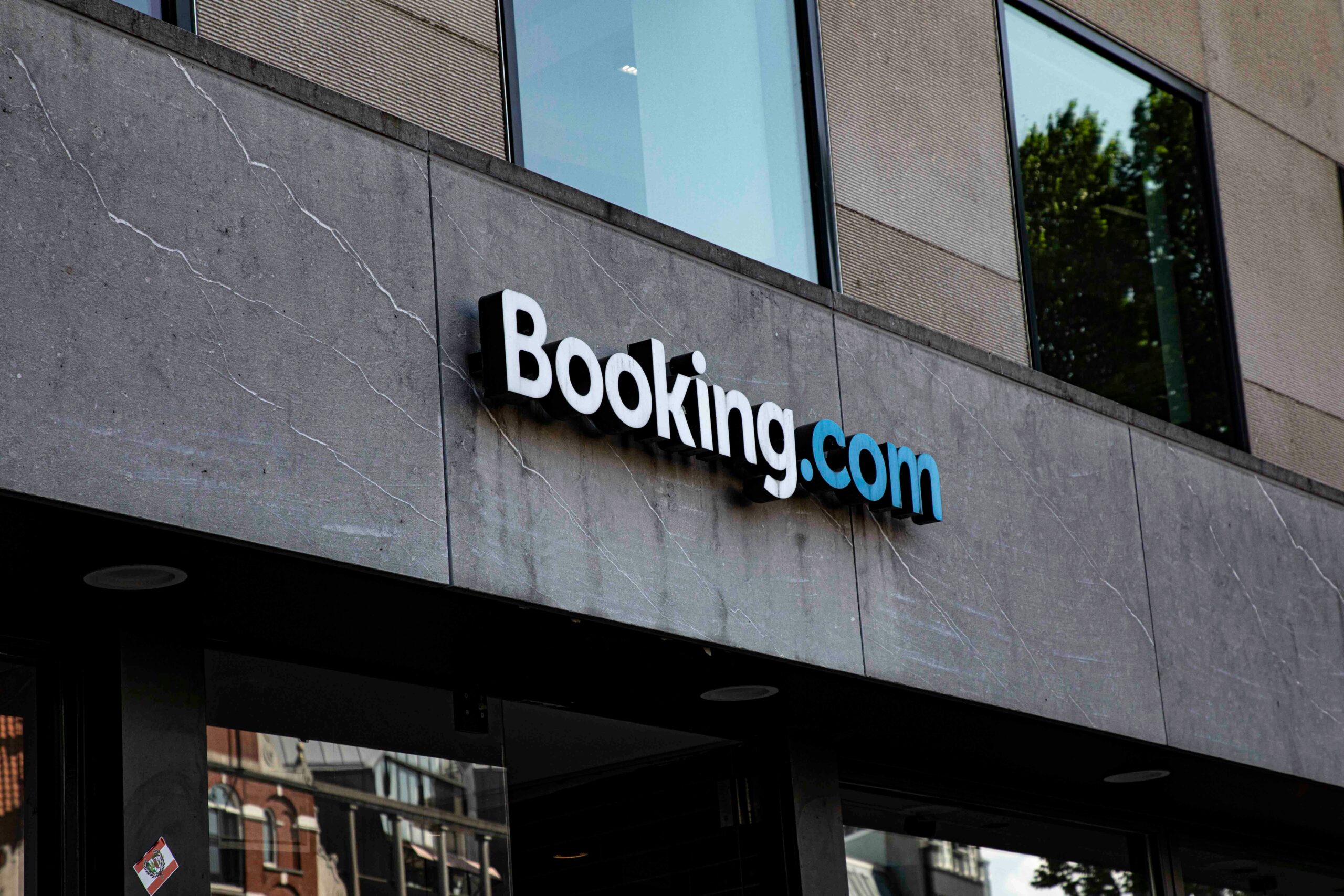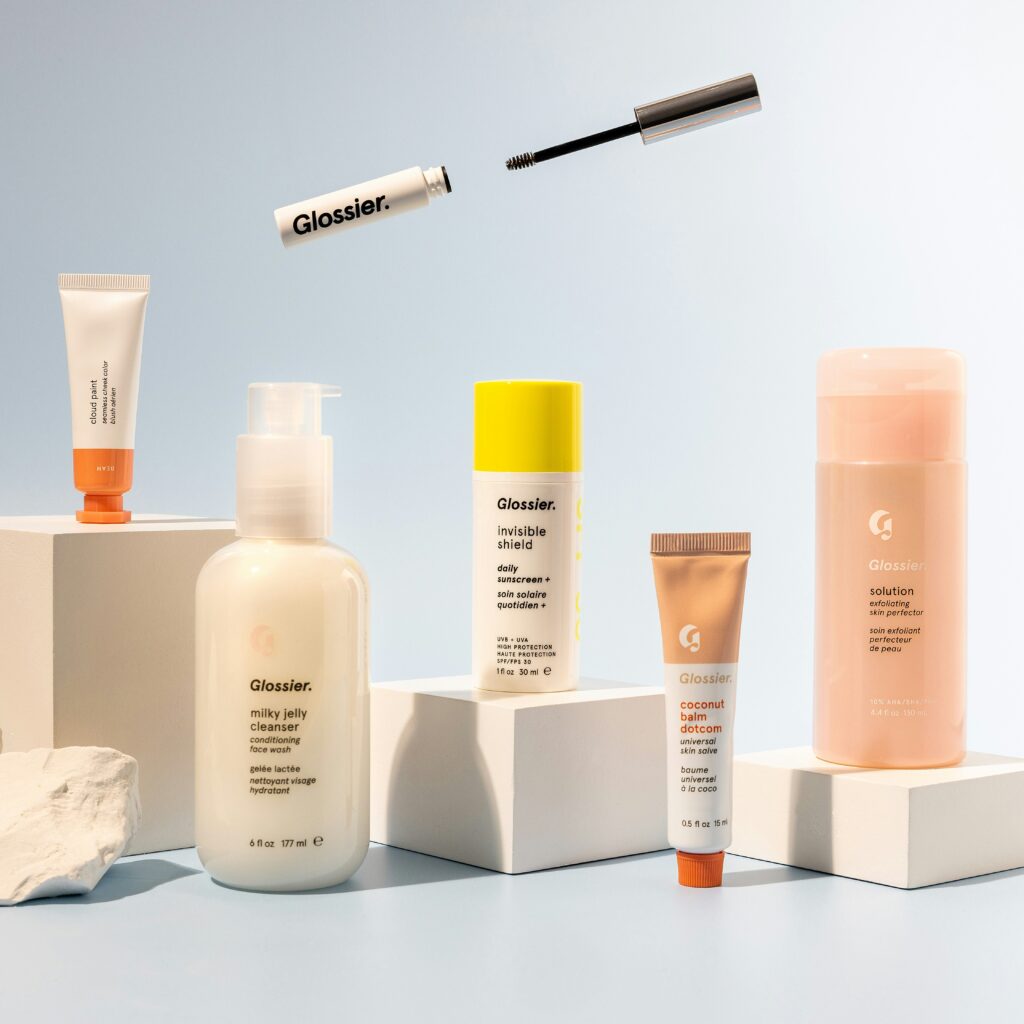How to Get as Good at Experimentation as Booking.com

Author
Tim Axon
Published
Experimentation isn’t just a tactic at Booking.com, it’s an operating principle.

While many brands run a handful of A/B tests each quarter, Booking.com runs thousands every day. In fact, it’s estimated that any given user is part of at least one experiment at all times.
This isn’t about a growth hack mindset. It’s about building a scientific method into the company’s DNA. Every design tweak, copy variation, recommendation algorithm, or pricing layout is treated as a hypothesis to be tested, not a decision to be debated.
Brands that want to evolve from sporadic testing to industrial-scale experimentation should stop asking, “What should we test?” and start asking, “Why isn’t everything tested?”

Think Like Booking.com: Testing Is a Culture, Not a Function
At Booking.com, experimentation is embedded across teams from product and marketing to customer service and pricing. It isn’t siloed or owned by one department. Every team member is empowered (and expected) to ask questions, design tests, and learn from data.
This decentralisation is key. It eliminates bottlenecks and transforms testing from a bottleneck into a catalyst for innovation. It also ensures that decisions are made based on user behaviour, not HIPPOs (Highest Paid Person’s Opinion).
To build this kind of culture, you need more than tools—you need trust. Leaders must be willing to cede control, embrace failure, and treat tests as learning opportunities, not verdicts.

Test Like Booking.com: Quantity with Quality
Running thousands of tests a day means you need a rock-solid testing infrastructure. Booking.com’s experimentation engine is built for speed, safety, and statistical rigor. Feature flagging is baked into deployment. Holdout groups are protected. Metrics are monitored in real time.
But more importantly, every test is meaningful. The goal isn’t just to increase conversion—it’s to learn. That means resisting the temptation to chase marginal uplifts and instead asking what each experiment teaches about user intent, friction, or perception.
True experimentation is hypothesis-led, not idea-led. Booking.com succeeds not because of the number of tests it runs, but because of the quality of its questions.
Fail Like Booking.com: Celebrate Null Results
In our experience many organisations are uncomfortable with failure. Booking.com isn’t. In fact, the majority of their tests don’t “win”, they end in null results. But every one adds to a body of knowledge that sharpens future iterations.
When experimentation is treated as a learning loop rather than a scoreboard, everything changes.
Fail Like Booking.com: Celebrate Null Results
You stop focusing on isolated lifts and start building cumulative insight. You test bold ideas, not just safe ones. And you stop fearing failure—because failure is the fuel.
Teams that fear inconclusive results will always under-test. Teams that embrace them will always out-learn.


Operationalise Like Booking.com: Build the Machine
To experiment at scale, Booking.com has invested in tools most companies haven’t even thought to build. Their internal platform automates test deployment, ensures clean segmentation, manages conflicts, and provides real-time dashboards. Test ideas are logged, prioritised, peer-reviewed, and tracked.
This level of maturity hasn’t come from buying a plug-and-play platform—it has developed over years of iteration and internal alignment. But the principle is replicable: treat your experimentation stack like a product in itself. Maintain it, evolve it, and give it the same attention you’d give any user-facing feature.
Without strong ops, experimentation remains aspirational. With it, it becomes unstoppable.

Winning the Experimentation Game
A wing and prayer has not been Booking.com’s strategy. It built infrastructure, rewired culture, and kept user behaviour at the heart of every decision. It doesn’t run experiments to tick a box—it runs them to make better decisions, faster.
For brands serious about growth, the lesson is clear: experimentation isn’t a lever you pull it’s the engine you build. The goal isn’t to be clever. It’s to be curious. And the outcome isn’t just uplift, it’s understanding.
So to get as good at experimentation as Booking.com democratise testing, invest in infrastructure, and optimise for learning—not just results.











